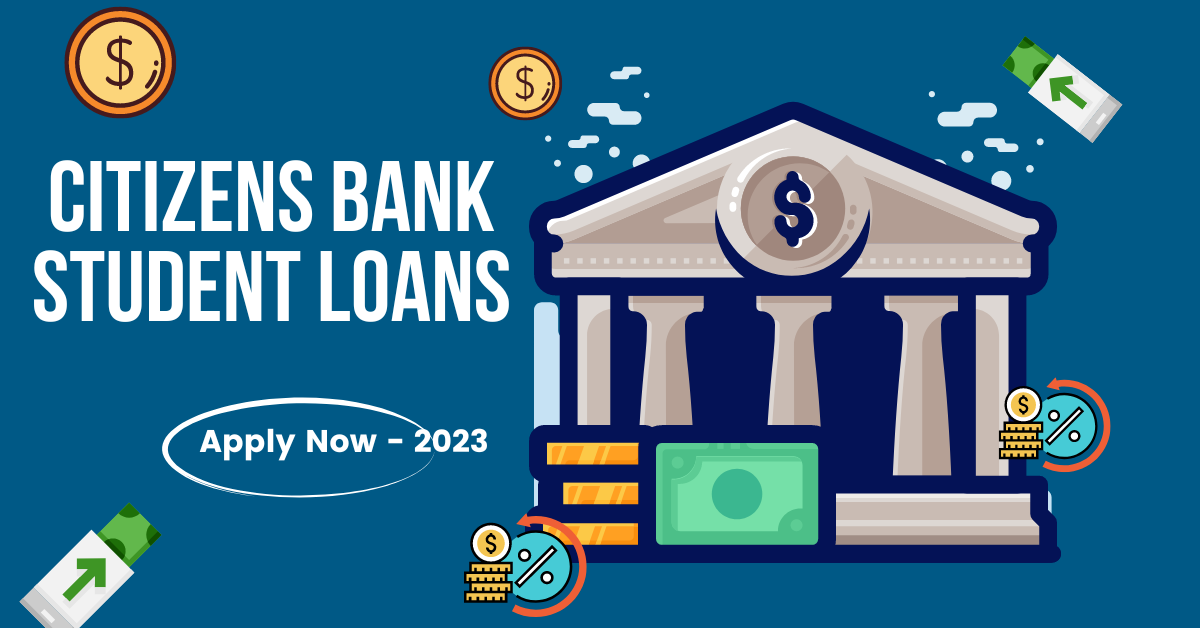Refinance Student Loans
Introduction
Refinance Student Loans: In today’s world, higher education has become increasingly expensive, leading many students to rely on student loans to fund their education. While student loans provide the necessary financial support, they can also burden graduates with significant debt after graduation. Refinancing student loans has emerged as a popular option for individuals looking to manage their debt more effectively and save money in the long run. This article explores the concept of refinancing student loans, its benefits, and how it can help borrowers achieve financial stability.
Understanding Student Loan Refinancing
Student loan refinancing involves obtaining a new loan to replace existing student loans. This new loan typically comes with improved terms, such as a lower interest rate or a longer repayment period. By refinancing, borrowers aim to reduce their monthly payments, save on interest costs, or both.
The Benefits of Refinancing Student Loans
Refinancing student loans offers several benefits for borrowers. Firstly, it allows them to secure a lower interest rate, which can significantly reduce the total amount paid over the loan’s lifetime. Secondly, refinancing can simplify loan repayment by consolidating multiple loans into a single loan, making it easier to manage finances. Additionally, refinancing can improve cash flow by lowering monthly payments, and providing borrowers with more financial flexibility.
Eligibility Criteria for Refinancing
To qualify for student loan refinancing, borrowers generally need to meet certain criteria. Individuals with a good credit score and a stable income are more likely to be eligible for favorable refinancing options.
How to Refinance Student Loans
Refinancing student loans involves a series of steps. The first step is to research and compare different lenders to find the best refinancing options. Once a suitable lender is chosen, the borrower needs to complete an application and provide the necessary documentation, such as proof of income and loan statements. After the application is submitted, the lender will review the borrower’s financial information and make a decision regarding the refinancing terms.
Choosing the Right Lender
Selecting the right lender is crucial when refinancing student loans. It’s important to consider factors such as interest rates, loan terms, repayment options, and customer service. Researching and comparing multiple lenders will help borrowers find the most favorable terms that align with their financial goals.
Comparing Interest Rates and Terms
When refinancing student loans, borrowers should pay close attention to the interest rates and terms offered by different lenders. A lower interest rate can result in significant savings over the life of the loan, while favorable terms, such as flexible repayment options or no origination fees, can enhance the overall borrowing experience.
The Role of Credit Scores in Refinancing
Credit score plays a crucial role in the refinancing process. Lenders use credit scores to assess the borrower’s creditworthiness and determine the interest rate they qualify for. Maintaining a good credit score by making timely payments and managing credit responsibly can increase the chances of securing better refinancing options.
Potential Drawbacks of Refinancing
While refinancing student loans offers many advantages, it’s important to consider the potential drawbacks as well. For borrowers with federal student loans, refinancing means giving up certain benefits like income-driven repayment plans or loan forgiveness options. Additionally, refinancing may not be the best option for individuals with a low credit score or unstable income, as they may not qualify for favorable terms.
Student Loan Consolidation vs. Refinancing
Student loan consolidation and refinancing are often used interchangeably, but they are distinct processes. Consolidation involves combining multiple federal student loans into a single loan with a fixed interest rate. On the other hand, refinancing replaces existing loans, both federal and private, with a new loan from a private lender. Borrowers should carefully evaluate their needs and goals to determine whether consolidation or refinancing is the better choice.
Impact on Federal Loan Benefits
Refinancing federal student loans with a private lender means losing certain federal loan benefits. These benefits include income-driven repayment plans, loan forgiveness programs, and forbearance or deferment options. Before deciding to refinance federal loans, borrowers should evaluate whether the potential savings outweigh the loss of these valuable benefits.
Planning for Repayment After Refinancing
After refinancing student loans, it’s important to create a repayment plan to stay on track. This involves budgeting, setting financial goals, and exploring different repayment strategies. Creating an effective repayment plan will ensure that borrowers successfully manage their debt and achieve long-term financial stability.
Conclusion
Refinancing student loans can be a smart financial move for borrowers looking to alleviate the burden of student debt. By securing better terms and reducing interest costs, refinancing offers the potential for significant savings. However, it’s important for individuals to carefully consider their financial situation and long-term goals before deciding to refinance. Seeking professional advice and exploring various options can help borrowers make informed decision.
Frequently Asked Questions (FAQs)
- Can I refinance both federal and private student loans?
- Yes, many lenders offer options to refinance both federal and private student loans.
- Will refinancing my student loans affect my credit score?
- Refinancing itself does not harm your credit score, but the application process may result in a temporary dip due to a hard inquiry on your credit report.
- Are there any fees associated with refinancing?
- Some lenders charge origination fees or other closing costs, so it’s essential to review and compare the terms and fees before refinancing.
- Can I refinance my student loans multiple times?
- Yes, refinancing can be done multiple times, depending on eligibility and the borrower’s financial goals.
- Is it possible to refinance my student loans if I have a low income?
- It can be challenging to refinance with a low income, but some lenders offer options for co-signers or consider alternative criteria beyond income alone.
ALso Visit: American Express Business Loans



